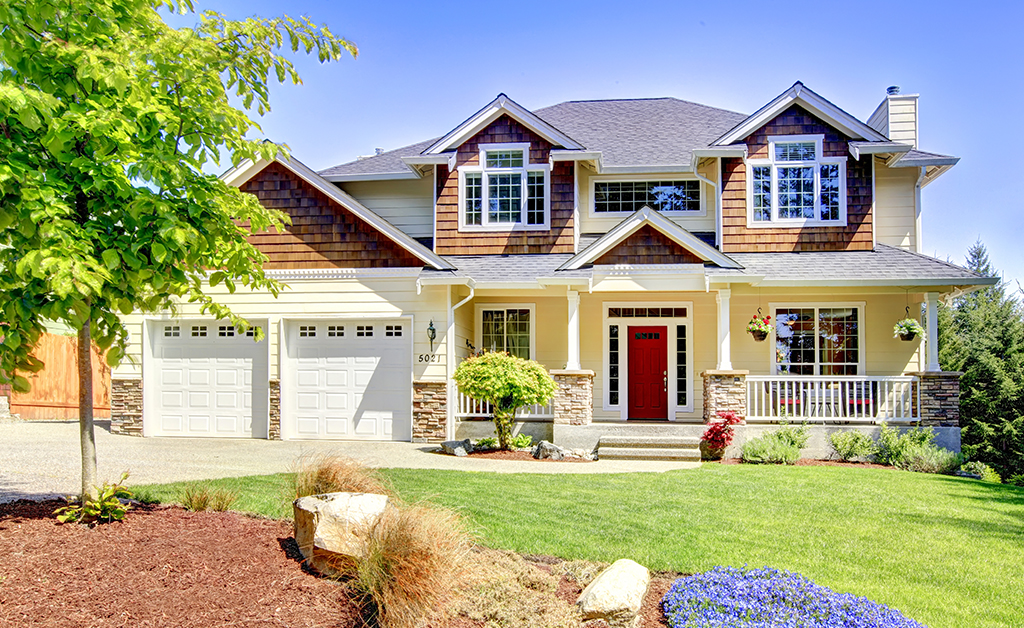Buying your first home is exciting. So many plans that you’ve had running through your head, possibly for years, come together. There’s a lot of information to sort through and plenty of actions you’ll need to take to arrive at that day when you’re handed your first set of keys.
To get you smoothly through the process, here are 10 things nobody tells you when you’re buying your first home:
1. You need to find the right team
The right real estate team can help you close deals that you never thought were possible. Find an agent or broker who is an expert in your local area, has experience in the business and moves quickly. You’ll want a professional on your side who you can trust. One who will advise you honestly while looking at property, preparing an offer and making your way through the escrow process. Make sure you have a good lender on your real estate team as well.
2. Get your finances in order before you view properties
You’ve have a better chance of finding the home of your dreams if you get your finances in order before you go out looking at properties. Talk to a lender and find out exactly how much you can borrow, the amount of money you’ll need to put down and the figure you’ll need to come up with when it’s time to close. Get a pre-approval letter from your mortgage officer that spells out exactly the terms of the loan being offered to you. Then, you can view the homes that fit into your financial situation and be ready to move when the opportunity presents itself.
3. Focus on the right things in a house
You may not view houses that look exactly like the home you want to live in. So, when your real estate team takes you to view properties, look past paint colors, countertops, appliances and even flooring. Instead, search for solidity in the bones of a home. Consider the overall structure and the potential for turning the house into the perfect place for you. Also, keep your mind open to add-ons and conversions that can be taken care of after you close on the house.
4. Consider your home’s future buyers
You may not have kids or plan to have children, but your homes’ future buyers might. When searching for a house, think about how long you’ll likely live there. If there are any reasons that may cause you to sell down the road, it’s probably wise to consider the school district your potential home is in. Families place school districts at the top of the list of priorities when they buy, so make sure your new home is attractive to parents and future parents if you think you might ever move.
5. Keep a practical mindset
You may want your first home to include acres of property where you can live out your dream of being a homesteader, growing your own food and going off the grid. Maybe you’ve longed for the rush of city life and envisioned yourself in the perfect loft downtown, near all the top shops and restaurants. As you search for your new home, let your mind entertain all the things you’ve been hoping for in a house. Stay practical and think about your current lifestyle and any constraints a particular home might put on you, including lack of resources or traffic.
6. Be mindful of your after-purchase budget
In addition to having all of your finances in order before you buy your first home, make sure you know what to expect after you close. Consider the costs related to utilities, repairs, décor, transportation, taxes and insurance.
7. Think about what you would do if you moved
Plan for what you would do if you had to move or wanted to. If you’re thinking about buying a condo or townhouse, you should ensure you’re able to rent it out if that’s something you’ve ever thought of. Some HOAs place restrictions on renting or even restrictions on tenants.
8. Attend a home-buying workshop
As you go through the process of searching for a home and closing on a property, you may feel more comfortable with everything if you’ve attended a home-buying workshop. It’s helpful to go into the buying process knowing at least some real estate terminology and understanding your options, especially when it comes to mortgages.
9. Consider an investment property
When interest rates are down, and you want to get into the real estate market, consider that you don’t have to move into a new home yourself. You can buy a new house and rent it out. Purchasing an investment property as a first home is a move many buyers make when they want to jump into real estate but aren’t in a situation where moving is practical.
10. Be ready to move quickly
Whether you want your first home to be your dream nest or a house you rent out, you’ll have a better chance of getting it when you’re ready to move quickly. You should certainly take the time you need to consider any offer you want to make on a property but if you wait too long, you might lose out to another buyer.
Your real estate team can be the best source of advice for buying your first home. Beyond these 10 things nobody told you about, they can guide you in many other ways to successful first-time homeownership.


